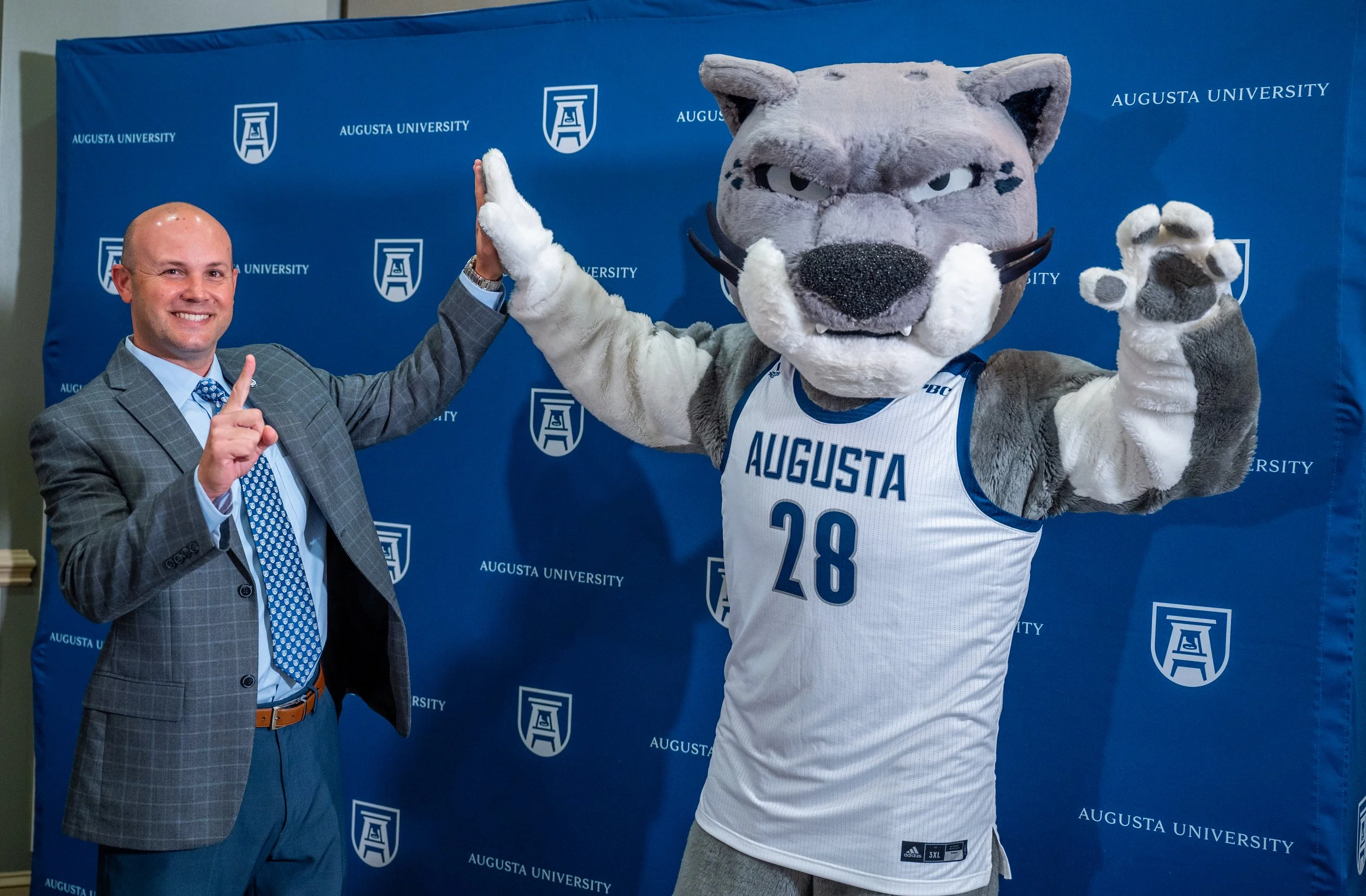What is Rocket League? The sport of the future
By Noah Bowers | Sports writer
The Rocket League season has kicked off at Augusta University, and the Jaguars are already 4-0 in the Peach Belt Conference against the likes of Kennesaw State and Coker University.
Instead of being played out on a field or on the court, Rocket League is played inside a digital dome filled with non-stop high-octane action; that is, it’s a video game.
Rocket League is one of the fastest growing esports in the world and has had massive success both in viewership and competition. The 2023 Rocket League Championship Series World Finals filled the PSD Bank Stadium in Düsseldorf, Germany with 15,000 fans, while over 460,000 viewers watched from all around the world. It held major sponsorship deals from Epic Games, Mobil One, and Ford. The tournament had a total prize pool of $2.1 million with the first-place finishers, Team Vitality, taking home $600,000 alone.
Major universities have begun to capitalize on the growing industry, sponsoring their own rosters across a plethora of game titles. Augusta University has joined with Rocket League as its first official title. Here are all the basics to get you ready to cheer on your Jaguars in the next evolution of sports.
Rocket League is simple to follow, difficult to master. The best way to describe it is a demolition derby with rocket-powered cars, playing soccer.
There are two teams, each composed of three players. There is one ball and two nets; each team is trying to get the ball to travel through the opposing team’s net to score a goal. Just like soccer. Instead of people though, players are driving cars with a boost that can jump dozens of feet into the air, twirl like a fighter jet and explode when they come into contact too fast.
There is a five-minute time limit that will not expire until the ball touches the ground when the clock hits 0:00. The game will go into overtime if the two teams are tied at the end of the five minutes; whoever scores first wins, no time limit.
There is a scoreboard at the end of the game that tallies up individual statistics and produces a number to reflect how well each player performed; however, just like in sports, there are plays and moments that do not show up on the stat sheet that can have a tremendous effect on the game.
Rocket League has a lot of similarities to strategy in soccer when it comes to defensive positioning and passing the ball to find an opening, so the manipulation of the car in three-dimensional space to generate the best opportunities for goals is critical. Every piece of input the player has from the controller has a direct effect on the movement of the car, and thus the ball. There are countless moments of physics and geometry that take place for even the simplest play to go through. Thus, players spend hours upon hours training their mechanics and team chemistry, as you need complete trust in your teammates’ communication and execution.
Augusta University has two rosters competing in Rocket League this semester. The varsity roster will be representing AU in the Peach Belt Conference matches and the National Association for Collegiate Esports Starleague Open Premier division. The Jaguars’ junior varsity roster is competing in the NACE Starleague Open Plus division.
You can tune in live or watch the previous matches here: https://www.twitch.tv/jordanrl__.
Contact Noah Bowers at nbowers@augusta.edu.
The AU Rocket League team is off to a hot start, winning its first four matches. Rocket League is game like soccer, except it is played with cars. At the top of the page, an RL player positions his car. (photos by Noah Bowers)




